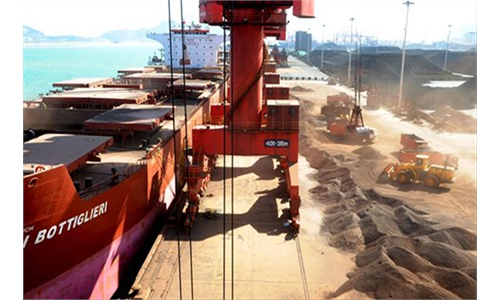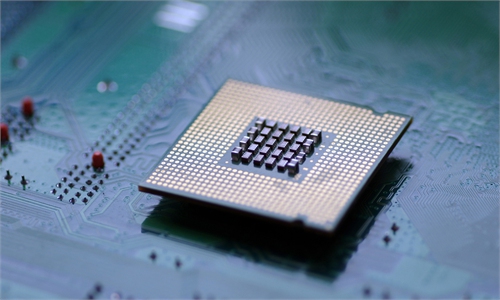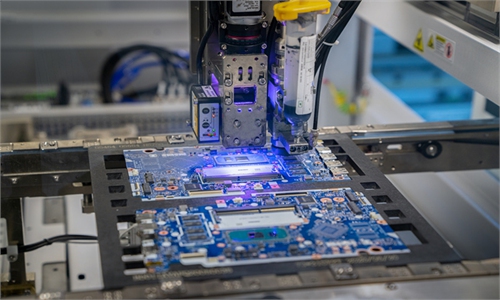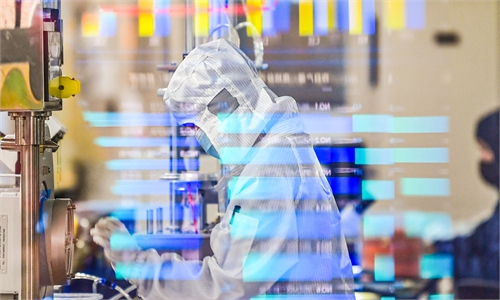 There are encouraging signs that professionals in Malaysia are equipping themselves with a combination of hard and soft skills to enhance their employability and remain competitive. — 123rf.com
There are encouraging signs that professionals in Malaysia are equipping themselves with a combination of hard and soft skills to enhance their employability and remain competitive. — 123rf.com
THE sooner bosses pay attention to artificial intelligence (AI) and what it can do, the better for all, including workers and the business.
As such, guidelines should be introduced by bosses in the country on how their workers should use AI in their jobs, says Malaysian Employers Federation (MEF) president Datuk Dr Syed Hussain Syed Husman.
He was responding to a proposal by the Human Resources Ministry for employers to develop their own policies and procedures for the ethical use of AI in view of its growth in Malaysia.
“This is a good suggestion as the world of work is changing and becoming more automated.
“Such a trend will continue. So the sooner we pay attention to this, the better.
“Now is the time to see how AI can help businesses and the industry, while looking at some guiding principles to help manage this,” he says.
While AI promises to smooth operations, he admits there are concerns over security, privacy, data trust, and ethics over its use.
“Businesses using AI models such as ChatGPT need to be aware that generative AI comes with its own set of risks.
“There is a need to establish rules and procedures to ensure secure implementation of AI.
“It will take time and human expertise to unlock AI’s full potential in a way that’s responsible, trustworthy and safe,” he says.
Recently, it was reported that more companies in Malaysia are exploring and integrating generative AI into their business operations.
However, not many have come up with official policies for its workers on its usage.
Some companies which have introduced guidelines have advised workers against providing personal information to AI systems to prevent any privacy issues.
While bosses are aware of the benefits AI can bring, MEF highlights the need for everyone to be trained to use it effectively.
“A lack of skilled talent and technical expertise has been a top barrier to implementing AI since its inception.
“To stay competitive in a tight labour market, companies must train their teams to use AI effectively and responsibly.
“If people don’t trust the work AI does or the data it’s built on, adoption of AI will lag and returns on investment will not be as fast as they should be,” Syed Hussain says.
In the next five years, he says bosses expect more people to be working alongside robots and smart machines specifically designed to help them to do their jobs better and more efficiently.
At the same time, jobs that can be performed through a simple search online or on ChatGPT could be at risk, says JobStreet Malaysia managing director Vic Sithasanan.
“In its place would be the prioritisation of skills to be able to query, discern, and ‘connect the dots’ or find relevance with technology that cannot replace the human touch,” he explains.
Even before Covid-19 posed a threat, job security was already on people’s minds because of automation, he adds.
“Almost every kind of worker has some level of concern.
“JobStreet’s Decoding Global Talent’s third report showed that in 2021, 46% of workers in their 20s and 41% in their 30s were already worried about technology putting them out of work.
“From media to information technology, concerns about automation are particularly high – especially among workers with repetitive jobs,” he says.
According to JobStreet, among some of the industries and jobs that may be replaced by AI – and not just ChatGPT – are translating, managing social media, umpiring sports, and jobs in libraries and call centres.“However, while many people are nervously waiting for the world to become completely reliant on AI in the next few decades, there will always be a need for human force to drive this automation.
“Though there may be many jobs that will disappear in the near future due to AI replacement, jobseekers, employees and even employers can enhance and enrich their potential to ensure that their career stays current and in demand.
“The world’s workforce may combine man and machine, but a robot-dominated world is not about to become a practical reality yet,” Sithasanan says.
While the work landscape is evolving due to technology, so are the skills in need, says LinkedIn country manager for Malaysia Rohit Kalsy.
“LinkedIn research shows that top skills required for a particular job have changed by an average of 27% since 2015, with the pace of change accelerating during the pandemic.
“At this pace, skills could change by 43% to 47% by 2025.
“Between 2021 and 2025, we would likely see three new skills in the top skills for a job,” says Rohit, who is also the company’s head of emerging markets (South-East Asia).
However, there are encouraging signs that professionals in Malaysia are equipping themselves with a combination of hard and soft skills to enhance their employability and remain competitive.
“Malaysian learners were among the 7.3 million globally who enrolled in the top 20 most popular LinkedIn learning courses between June 1, 2021, and June 30 last year.
“This is almost double from the previous year. Such figures show that more are building skills to future-proof their careers,” Rohit points out.
Last month, the Human Resources Ministry said that, with the rise of AI use, as many as 4.5 million Malaysians are likely to lose their jobs by 2030 if they do not improve their skills or attend reskilling and upskilling programmes
By YUEN MEIKENG
AI Superpowers: China, Silicon Valley, and the New World Order; Singapore tries its own path in clash














